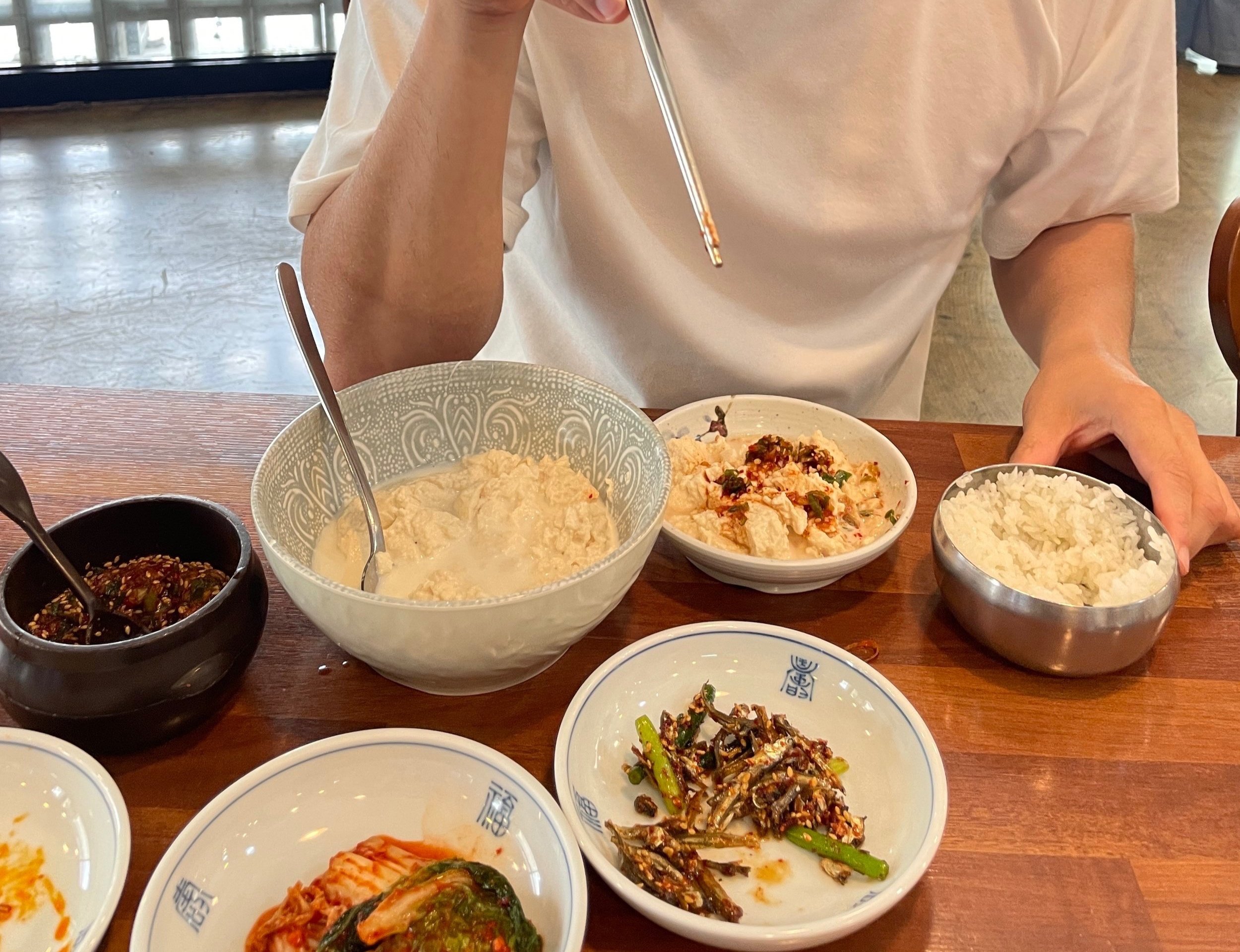
Measure your love with every bite
Proof of Love
Interactive food performance explores marriage-based permanent residency system in the USA (and beyond)
This project is intended to reveal the absurdity that navigating these difficult administrative and legal processes involves for couples who are seeking to legitimize their marriage as ‘bona fide’ for immigration authorities. It uses ideas of food, eating and their related intimate social interactions as a ‘pot’ within which these ingredients can be ‘stirred.’ The aim of these activities is to question the extent to which any emotional relationship’s authenticity can be measured or meaningfully externally validated.
According to USCIS (U.S. Citizenship and Immigration Services), to prove bona fide marriage, you need to submit documents such as joint ownership of property, joint bank account and “Any other relevant documentation to establish that there is an ongoing marital union.” However, under special instruction, USCIS also indicates that “do not include … Graphic photos of childbirth or intimate relations as evidence of a relationship or marriage.” That shows that many applicants try to prove their authenticity of marriage with ‘physical’ evidence and there is a discrepancy between natural understanding of ‘bona fide’ loving relationships and that of the legal one.
With that actual phrase used on the government website in mind, the initial conception of this research project serendipitously came after my realization that the messy table as the aftermath of a nice and heartwarming dinner quite resembles the bed after good sex. I’ll invite the audience to measure the couple’s love by looking at the dinner table and smelling their leftover as if they were the immigration officer.
I know.. it does not make sense at all, right? That’s what I’m talking about.
-
How do immigrants manage and experience the discrepancies which manifest between their personal, individual life-decisions and their legal status as immigrants?
How do immigration systems (and specifically the consideration of marital status in relation to the US permanent residency application process) impact individual lives and relationships?
How can Interactive quotidian performance practices reveal and articulate the complexities, compromises (and performativities) that these emotional and physical journeys entail?
-
This is part of Jisun Myung’s Practice Based PhD project at Transart institute/Liverpool John Moores University.
Year 1: Private work in progress with selected audience for test run, program approval process, contextual and literature review, consultation with immigration lawyer to safely conduct interview and performance for the participants, IRB (Ethics) approval
Year 2: media/video/audio design consultation and execution, secure project participants and funding opportunity, completion of performance/installation, collect and analyze participant review and audience survey, first draft of thesis
Year 3: revision and submission of thesis, examination of possibility of expansion of this project in different national context
-
Ueno, Chizuko, and Jo-Han, Hyejung. Talking at the Edge, Seoul: Thinking Tree, 2005
Giacalone, Sydney, and Agyeman, Julian. The immigrant-food nexus: Borders, Labor, and identity in North America. MIT Press, 2020.
Halloran, Vivian Nun. The Immigrant Kitchen: Food, Ethnicity, and Diaspora, Ohio State University, 2016
Xu, Wenying. Eating Identities: Reading Food in Asian American Literature, University of Hawaii Press, 2007
Lópes, Jane Lilly. Unauthorized Love: Mixed-Citizenship Couples Negotiating Intimacy, Immigration, and the State, Stanford University Press, 2022
Hunt, Kristin. Alimentary Performances: Mimesis, Theatricalcity, and Cuisine, Routledge, 2018
Vester, Katharina. A Taste of Power: Food and American Identities, University of California Press, 2015
USCIS official site pages for green card application, I-130 filing guideline page
US government, Immigration and Nationality Act (INA), 1952
US government, Hearing before the subcommittee on immigration and refugee policy of the committee on the Judiciary United States Senate Ninety-ninth Congress First session on Fraudulent Marriage and Fiance Arrangements to obtain Permanent Resident Immigration Status, Serial No. J-99-43, July 26, 1985, U.S. Government Printing Office, 1986,
US government, Immigration Marriage Fraud Amendments (IMFA), 1986
US government, Illegal Immigration Reform and Immigrant Responsibility Act (IIRIRA), 1996
And, public records of fraudulent marriage hearing documents (It’s impossible to provide an exhaustive list as there are too many!)
Saville-Troike, Muriel. The Ethnography of Communication: An Introduction, Wiley-Blackwell, 2002
Fine, Elizabeth C. et al. Performance, Culture, and Identity, Praeger, 1992
Hooks, Bell. All About Love: New Visions, William Morrow Paperbacks, 2018
